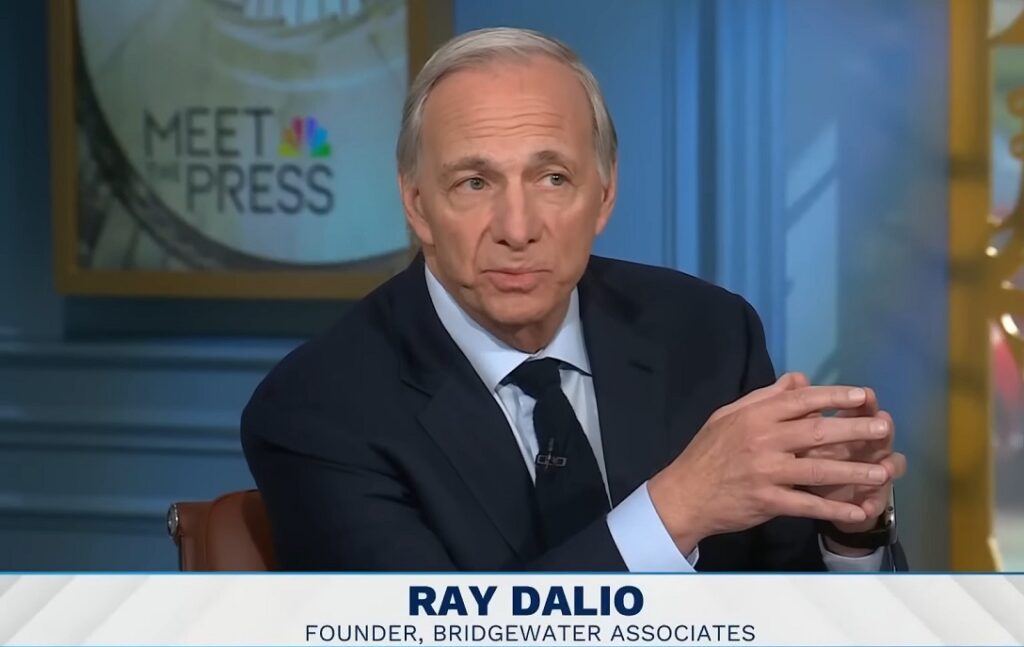
Hedge fund giant Bridgewater Associates has divested from U.S.-listed Chinese equities in the second quarter, marking a significant retreat from the market. The move highlights shifting investor sentiment as geopolitical tensions rise and confidence in China’s economic outlook weakens.
According to its latest 13F filing with the U.S. Securities and Exchange Commission (SEC) released Wednesday, Bridgewater closed out positions in several leading Chinese companies. The divestments included well-known names such as Baidu, Alibaba, JD.com, PDD Holdings, Nio, Trip.com Group, and Yum China. Other exits featured Qifu Technology and Ke Holdings, underscoring a broad pullback from Chinese exposure.
At the same time, the hedge fund adjusted its positions in U.S. tech giants, trimming its Apple holdings while increasing stakes in Microsoft and Nvidia.
The shift is notable given Bridgewater’s history under founder Ray Dalio, a longtime China bull who had consistently defended his investments in the country. Last year, Dalio acknowledged China’s mounting challenges, including its economic slowdown and frictions with Washington, but described them as “manageable by Chinese leaders if they do their jobs well.”
In April, Dalio reiterated his concerns over U.S.-China relations, calling for a “rebalancing” to address persistent trade gaps. He warned that long-standing imbalances had hollowed out U.S. manufacturing and urged both countries to strike a deal that would “engineer big reductions in these imbalances.”
Dalio officially stepped away from Bridgewater this August, selling his remaining stake and leaving the board. However, he continues to serve as a mentor to the fund’s investment team, maintaining influence over its broader investment philosophy.
Bridgewater’s pullback coincides with fresh developments in global trade. On Monday, Washington and Beijing extended their tariff truce by another 90 days. Without the pause, tariffs on Chinese goods bound for the U.S. would have surged to 145%, while Chinese duties on American exports were set at 125%. For now, the levies stand at 30% on Chinese imports to the U.S. and 10% on U.S. goods entering China.
The hedge fund’s retreat from Chinese stocks underscores growing caution among global investors as economic uncertainty, escalating tariffs, and political frictions continue to shape market sentiment.